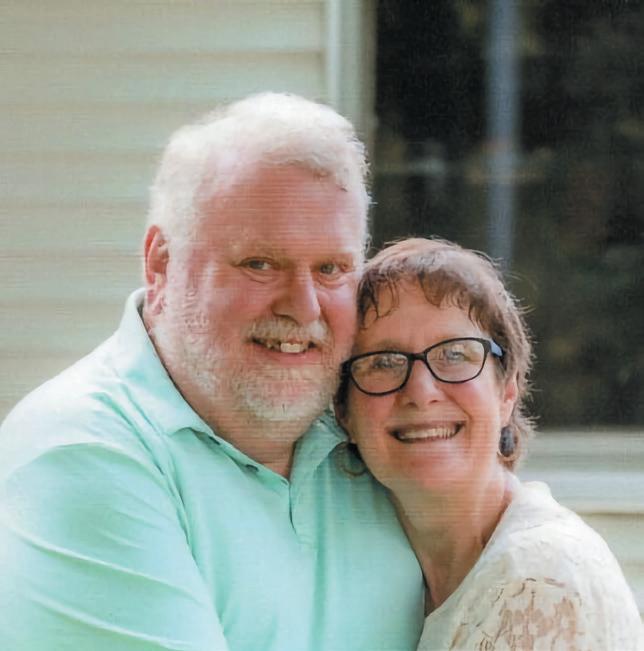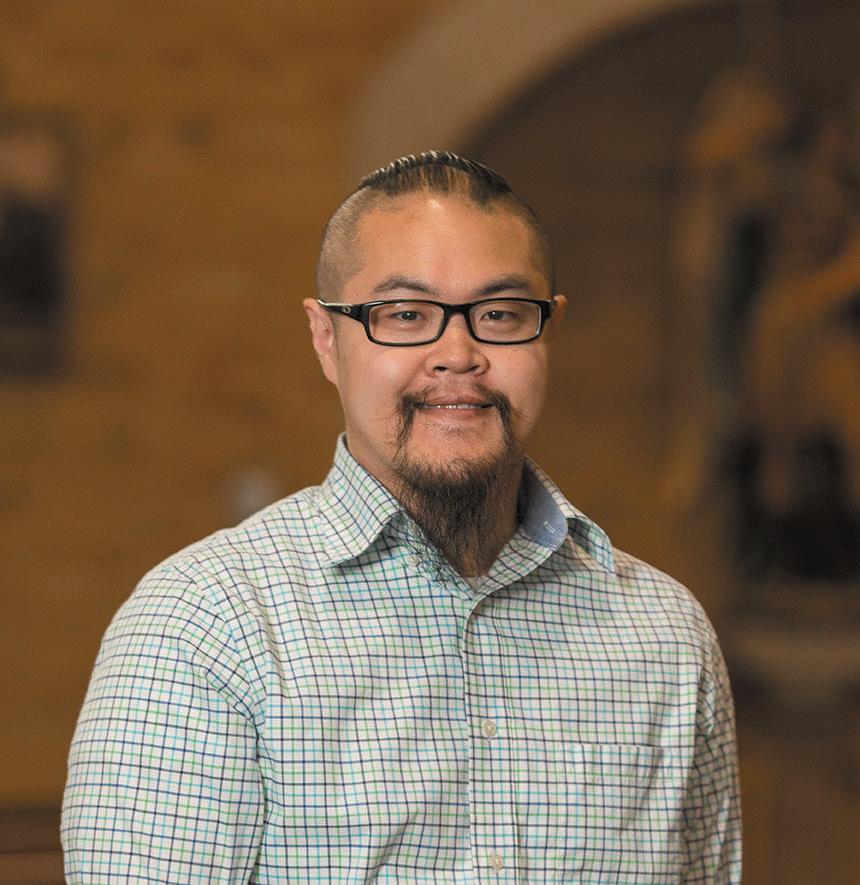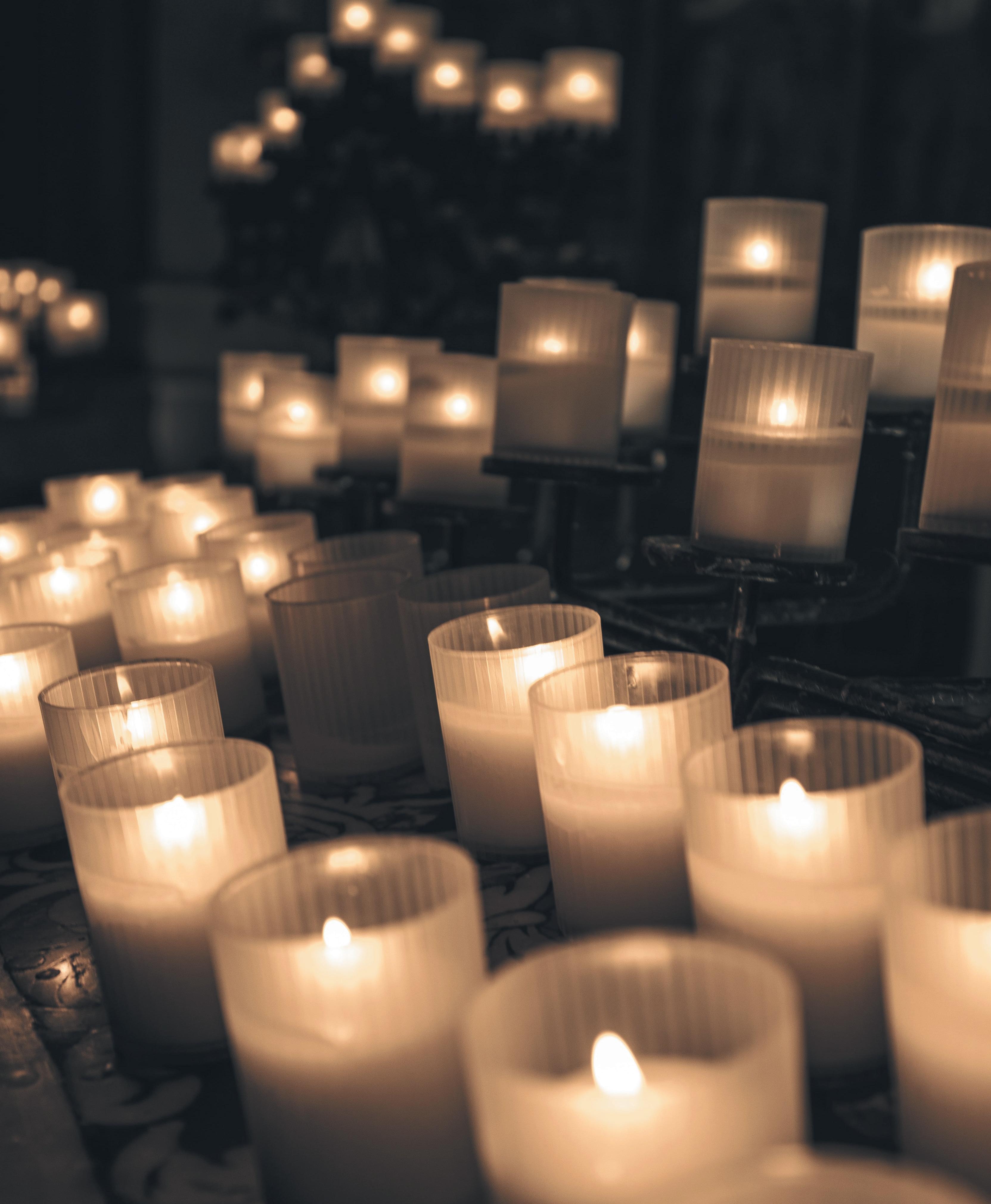
4 minute read
A NEW MENTAL HEALTH CRISIS
JIM OWENS
Late last summer, amidst the throes of our global pandemic, the Centers for Disease Control (CDC) quietly published research (tinyurl. com/mhpandemic) findings on the pandemic’s effects on mental health in the United States. What they found is not at all surprising: incidence of mental illness is up more than 50% across the board. From my view as a counselor, I’ve noticed that not only is incidence up 50%, but so is severity. Regrettably, the mental and emotional suffering in this nation has grown both wider, and deeper.
Advertisement
In real numbers this means that, on any given day, 30% of us are experiencing an Anxiety Disorder in the form of overwhelming worry, dread, fear, and racing thoughts. We can barely fall asleep at night. And about half of that number will be suffering from a Depressive Disorder marked by debilitating feelings of helplessness, emptiness, hopelessness, and self-harm. Some of us can barely get out of bed in the morning. Tragically, more than 1 in 10 surveyed were seriously considering ending their life.

The report also showed that alcohol and other drug abuse is way up, as are other addictive behaviors which allow us to either distract our worried minds, or hijack our brain’s dopamine reward system. And if we aren’t drowning our pain in alcohol (88%) or marijuana (37%), we’re TV binge-watching, social media surfing, shopping, and overeating all so that we can have even just a moment’s respite. Regrettably, not only do these behaviors not address our pain, they result in us feeling even worse when we’re not doing these things, which is how the cycle of addiction begins.
For all this tragedy, though, we have perhaps the most notable finding of this research: while young adults ages 18-24 have fared the worst in almost every way (by nearly double), the prevalence of covid-related mental illness decreased markedly with age. Anxiety and depressive disorders for individuals age 65 and older were 800% less than young adults, and 400% less than the average. That’s right, the older we get, the more we are insulated from the psychological impact of traumatic events.
Why? Well, it’s not just aging that accounts for this, it’s wisdom. Usually, the older we get, the more wisdom we possess, all of which points to this truism: Wisdom is an antidote to fear.
Is fear the root of all mental illness? Certainly not. There can be many roots depending on the individual, some of which are undoubtedly biological in nature. But that fact doesn’t dispute the reality that much of our mental and emotional suffering is also rooted in our psychology (i.e. our view of ourselves and the world), and in particular to the irrational fears we carry around in our heads. We are all familiar with the common fears: fears of being rejected, found unlovable, of failing, and others. But worst among them is probably the unholy fear that God has either forgotten or forsaken us in the midst of our suffering. Let me assure you, He has not. The author of Proverbs 9:10 exhorts us to maintain, instead, a holy fear of the Lord: “Fear in the Lord is the beginning of wisdom”. There is, in fact, a holy fear that brings us wisdom.
So how can we be sure that our fear is a holy, reverent one, leading us to God’s wisdom? (1) Read wisdom. The Bible is the best place to start (I’m partial to the book of Sirach), but our Doctors of the Catholic tradition have translated much of the Lord’s wisdom to us in their writings, too. I’ve been re-reading St. Teresa of Avila and St. John of the Cross for years trying to soak up their wisdom. Find a book you are drawn to and read it. Then re-read it, slowly, taking notes, talking to someone about it, and praying to the Lord for His wisdom to be yours.
(2) Get counseling. And I’m not just saying that because I’m a counselor. The counselors I’ve trained over the past 16 years have answered the call to a vocation. Let the Lord use those counselors to guide you out of your pain. A word of advice on selecting a counselor: All counselors are roughly equally skilled, however, the outcomes of counseling vary because outcomes are not correlated directly to skill, they are correlated primarily to therapeutic alliance. Therapeutic alliance refers to the quality of the trust and working relationship you have with your counselor. This can be measured. On the Session Rating Scale that I use with my clients, I must earn a score of 36 out of 40. A strong therapeutic alliance predicts good outcomes. Shop around for a counselor who regularly measures your alliance and your outcomes.
The differences for how we experience the vicissitudes of life have as much to do with our individual psychology as anything else. Ultimately, hardship in this life is unavoidable, but the antidote to suffering in our suffering is to gain God’s perspective. With His wisdom we can actually do as James writes: “Consider it all joy when you encounter various trials” (Jm 1:2).
If you or someone you know is suffering, get help. Make an appointment with a counselor (online options are available in most cases these days), or reach out to Resurrection Church to schedule a prayer ministry appointment. Or give a good, wise friend a call. God is Trinity, a communion of persons, and we were made in His image. We were made by Relationship and for Relationship. We were meant to walk through life together.
The chart and the CDC study referenced by Jim can be viewed by visiting www.cdc.gov/mmwr/volumes/69/wr/pdfs/ mm6932a1-H.pdf










